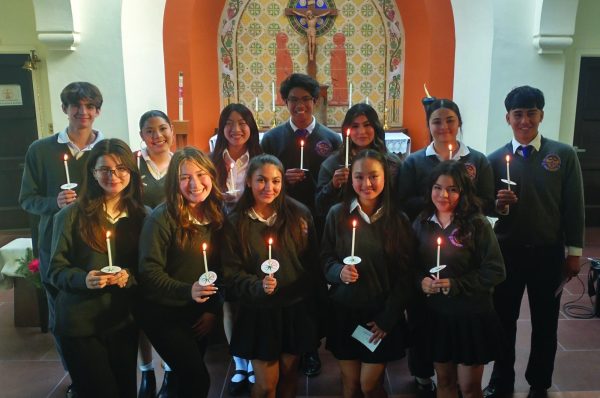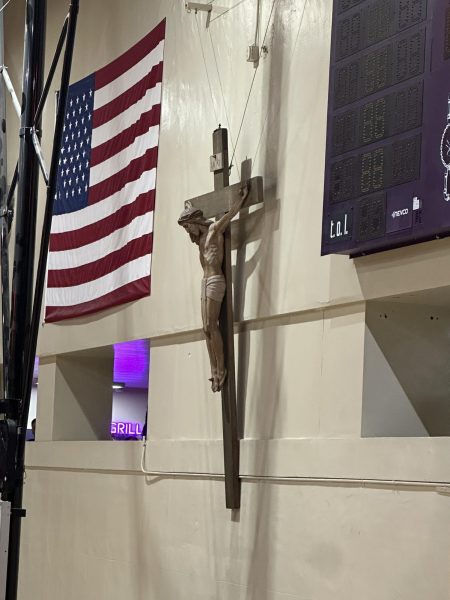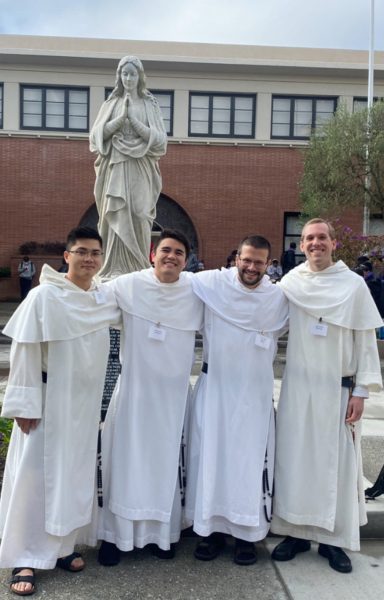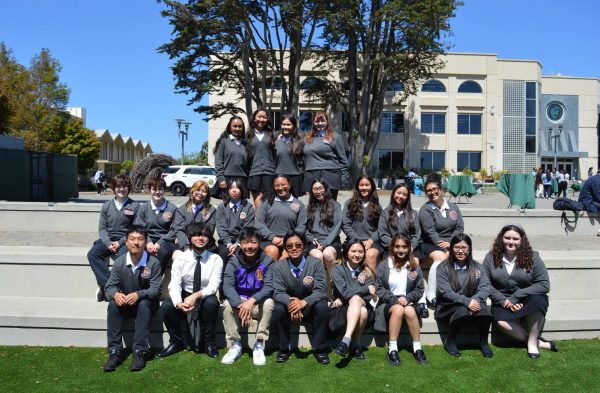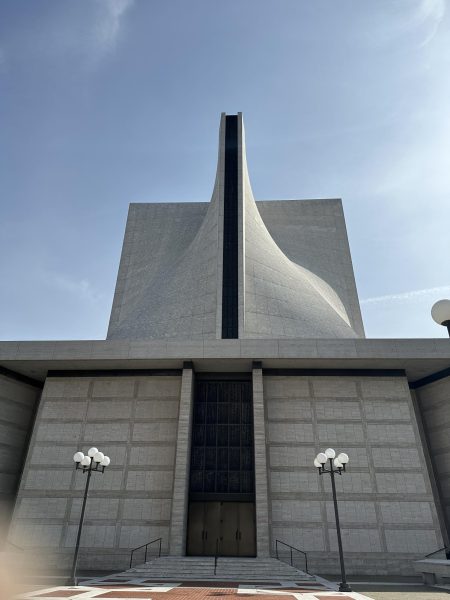Journalists look to St. Titus as co-patron saint
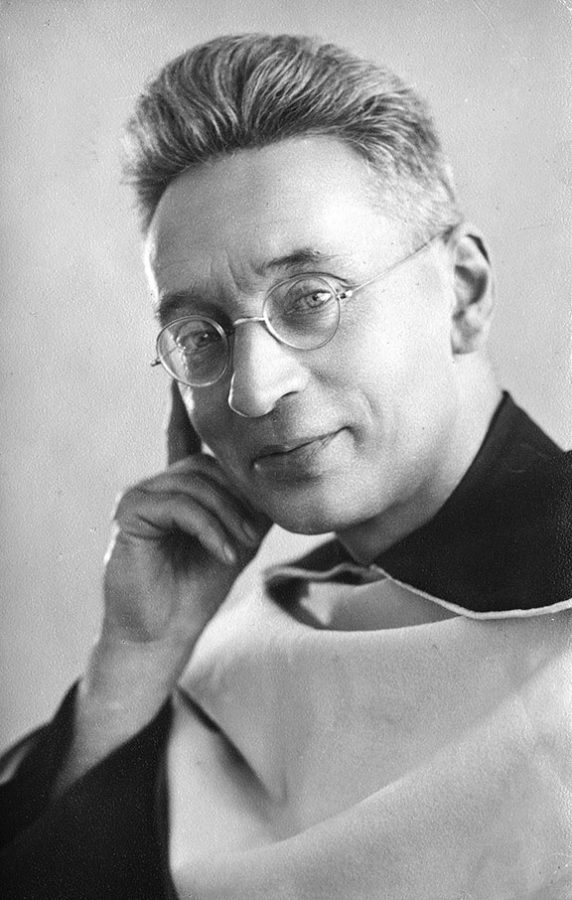
Pope Francis declared Titus Brandsma a saint on May 15, 2022, and supporters have asked that he be named as co-patron of journalists.
November 1, 2022
This year, Pope Francis announced that Blessed Titus Brandsma was canonized on May 15, and shortly after, supporters asked that he be named as a patron saint of journalists alongside St. Francis de Sales, who has been the patron of journalists and writers since 1923.
“It’s a good step forward for the church and writers alike,” said Religion Editor Alex Robinson ’23. “It brings a sense of community no matter what religion you believe in.”
Anno Sjoerd Brandsma was born on Feb. 23, 1881 in the village of Oegeklooster in Friesland, Netherlands. His family were devoted Catholics in a predominantly Calvinist region. On Sept. 17, he entered as a novitiate of the Carmelite friars in Boxmeer and took the religious name Titus in honor of his father. He said his vows in October 1899.
In 1909, he earned a doctorate in philosophy in Rome and worked in Oss as a writer and a teacher. He became a founder of the Catholic University of Nijmegen (Radboud University), worked as a journalist, and was the ecclesiastical adviser to Catholic journalists by 1935, while he stayed at the friary of Our Lady of Mount Carmel in Kinsale, Ireland.
St. Titus is a prime example of what journalists are tasked with in regards to shining a light on truth, and in this case, a grave evil.
— Susan Sutton, Journalism teacher
After the Invasion of the Netherlands by the Third Reich, Brandsma strongly opposed the spread of the Nazi ideology and pushed for educational and press freedom. In January 1942, he hand delivered a letter from the Conference of Dutch Bishops to the editors of Catholic newspapers in which the bishops ordered all Catholic newspapers to not print official Nazi documents even though it was required under the new law by the German occupiers. This made him a target of the Nazis.
“His actions reminded me of the Blessed Father Chaminade, just how he had the courage to give communion in secret in Spain in spite of being the government’s hindrance to the practice of Christianity,” committed Deacon Chris Mariano. “In the same retrospect, St. Titus had the courage to hinder the rule against the German occupiers for the greater of the Catholic community.”

Brandsma visited 14 of his editors before being arrested on Jan. 19, 1942. He was held prisoner in several locations until he was transferred to Dachau concentration camp. Upon arrival, his health deteriorated, and eventually he was transferred into the camp hospital. There, he died on July 26 due to lethal injection administered by a nurse as a part of the Nazi program of medical experimentation on the prisoners.
“St. Titus is a prime example of what journalists are tasked with in regards to shining a light on truth, and in this case, a grave evil,” said journalism teacher Susan Sutton. “In addition, he exemplifies what Catholics are called to do–speak out for those in need, for those in peril, and to constantly strive for peace.”
She added, “I fully support naming him as a patron saint of journalists in addition to St. Francis de Sales as he is a symbol for truth and peace, and a reminder that we should all value life and defend against injustices everywhere.”


